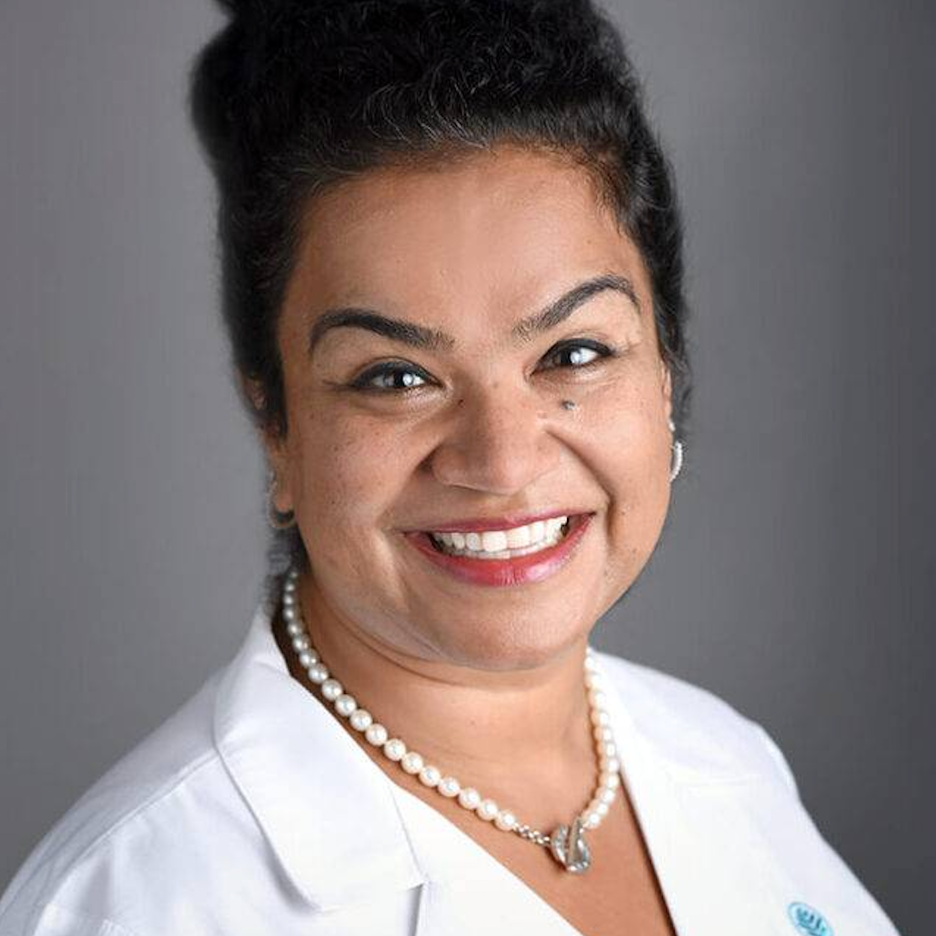Understanding Sickle Cell Transplantation, with Payal Desai, MD
Payal Desai, MD, stresses the importance of mental health support and personalized care for patients with sickle cell disease considering transplant.
By
Lana Pine
| Published on October 21, 2024
7 min read
Payal Desai, MD
Credit: Atrium Health

While transplants offer potential improvements for certain complications, others like avascular necrosis may not be reversed. Age and fertility considerations are key, as most transplants require chemotherapy, which can impact fertility and overall recovery.
In an interview with The Educated Patient, Payal Desai, MD, director of Sickle Cell Enterprise at Levine Cancer Institute, emphasizes the importance of personalized discussions when evaluating the risks and benefits of a transplant for patients with sickle cell disease.
She highlights the importance of mental health support for patients undergoing transplant, especially those who have lived with sickle cell their entire lives. She stresses the need for patients to advocate for access to the best treatment options and continued care post-transplant, as the process requires a long-term commitment but offers the hope of improved quality of life.
Can you expand on the risks and potential complications of a transplant, and how you guide patients in evaluating those risks?
Payal Desai, MD: Absolutely. We have these discussions often in clinic, and I think it's important to weigh both the pros and cons for each patient individually. It's not a one-size-fits-all situation. Each patient needs to consider what the potential benefits are for them, as those can vary depending on their specific complications. For instance, some complications, like avascular necrosis—a condition that affects the bones in patients with sickle cell disease—are not reversed by transplant. However, other long-term complications could be significantly improved by transplantation.
It’s essential to have a personalized conversation that considers factors like the patient’s age and the stage of their disease. A five-year-old will face different potential benefits and risks than a 30-year-old. Additionally, it’s crucial to consider the treatment itself, especially the risks related to chemotherapy, which most patients will require for transplant. Chemotherapy can come with short-term and long-term side effects, including the risk of infertility. We have to consider fertility preservation options before starting treatment.
We also discuss the practicalities of the transplant process itself—things like the need for central IV access, the risks of low blood counts during the procedure and how the specific type of transplant or medication regimen will impact the patient's experience. These conversations aim to prepare patients and families for the entire journey, not just the immediate outcome.
What questions should patients be asking their doctors when considering transplantation?
PD: The questions patients should ask will depend on their specific situation, but there are a few key things they should always cover. First, they need to understand what types of transplants they’re eligible for. For example, do they have a matched sibling donor, or will they need to explore other donor options? Patients should also ask about the short-term and long-term risks of the transplant and the therapies involved.
Another important consideration is mental health. I firmly believe every patient should advocate for mental health support during the transplant process, not necessarily because they have depression or anxiety—though some might—but because undergoing a transplant can be a transformative experience, especially for someone who has lived with sickle cell disease their entire life. Their identity may be tied to their condition and navigating who they are post-transplant can be challenging. Articles and research have discussed survivorship issues, particularly around self-image. When a significant part of a patient’s life has been centered on managing their disease, they might find themselves asking, “Who am I now that the disease is gone?”
One more critical question is about fertility. As I mentioned earlier, many of the treatments can affect fertility, so if the patient is a young adult or thinking about starting a family, this is a vital discussion. Even for younger patients, it’s important to talk about what their fertility might look like post-treatment.
What advice would you give to patients with sickle cell disease who are apprehensive about transplantation or new treatment approaches?
PD: It's natural for patients to be apprehensive, and I think the way risks and benefits are framed can significantly impact how a patient views a treatment option. For example, if I tell a patient that a therapy has a 95% success rate, that sounds great. But if I say that the same therapy comes with a 5% risk of mortality, it sounds much more daunting. The way these conversations are presented makes a big difference.
That being said, it’s essential to understand both sides of the equation. While it’s perfectly reasonable to have fears about the unknown, patients should know that they aren’t alone in this journey. They have an entire team to support them—a community, family and medical team to help them through every step.
This is also why I brought up mental health earlier. The emotional toll of navigating such a big decision is real, and support is necessary. Working through the decision-making process with all the data available is key to making the right choice for each individual.
Is there anything we haven’t discussed that you think patients should know?
PD: One last thing I’d mention is advocacy. It’s a critical time for patients and families to advocate for access to the best possible care. As treatment options continue to improve, it’s important that all patients have access to transformative therapies like bone marrow transplants and gene therapies. But it’s also essential that they have continued access to care post-transplant. Just because the disease may be "cured," it doesn’t mean that all complications are gone. Some underlying issues may persist, and there are still follow-up needs after the transplant. It’s a process, and it requires a long-term commitment, but for most patients, the hope is that this will lead to a better quality of life in the long run.
This transcript was edited for clarity using AI tools.

